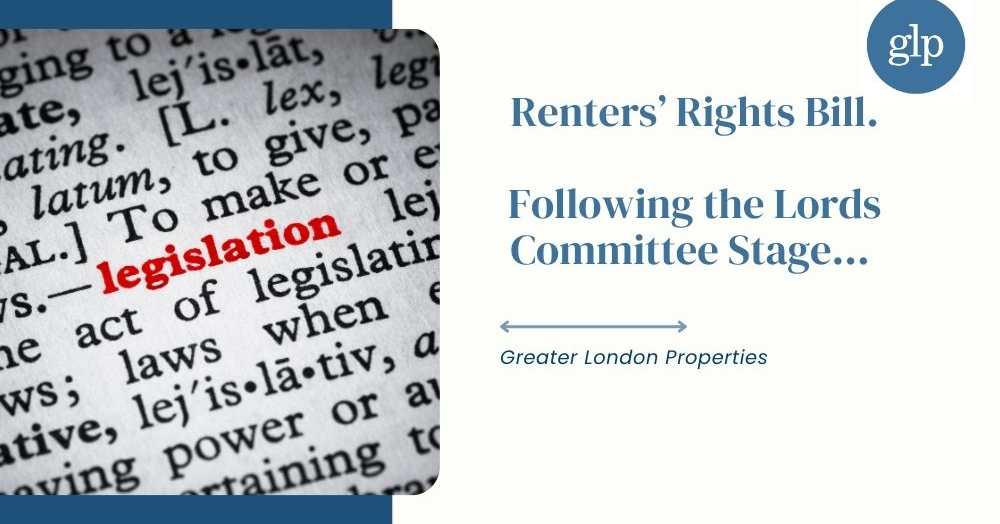Feb 2025 Update: The House of Lords held the second reading of The Renters' Rights Bill, where Peers debated the Government’s proposals for the private rented sector (PRS).
Key issues such as student tenancies, supply and demand, pet-friendly rentals, and legal enforcement were central to discussions, though many questions remain unanswered.
Below, we break down the key discussions and what happens next. 👇
What is the Second Reading in the House of Lords?
According to the Government’s website:
“Second reading is the first opportunity for members of the Lords to debate the key principles and main purpose of a bill and to flag up any concerns or specific areas where they think amendments (changes) are needed.”
The site further explains:
"The Government Minister, spokesperson or a member of the Lords responsible for the bill opens the second reading debate.”
In this case, Baroness Taylor of Stevenage, Parliamentary Under-Secretary for Housing, Communities, and Local Government (Labour), led the debate.
“Any member can speak during second reading – this stage can indicate those members particularly interested in a bill, or a specific aspect of it, and those who are most likely to be involved in suggesting changes at later stages.”
13 Key Points raised from the Second Reading
- Student Tenancies – Baroness Taylor confirmed that private purpose-built student accommodation will be removed from the Assured Tenancy System.
- Some Peers argued that landlords renting one- and two-bedroom flats to students should also be exempt.
- Conservative Peers criticized the Labour Government for rushing the legislation without thorough due diligence.
- While some Peers fear landlords will exit the sector, worsening supply and demand issues, others believe these concerns are overstated.
- Court delays remain a major concern, despite Baroness Taylor’s assurance that the Ministry of Justice is preparing for the Bill’s impact.
- With bidding wars being outlawed, some worry this could drive up asking rents instead.
- Pets in rental homes were welcomed for their mental health benefits, but the lack of a comprehensive pet damage insurance policy could expose landlords to financial risks.
- Underfunded local councils may struggle to enforce new rental regulations, despite gaining new powers under the Bill.
- Some argue that a smaller PRS market wouldn’t be a problem if the supply of social housing increases.
- Small landlords may face long legal battles when trying to remove problem tenants.
- The abolition of Section 21 (no-fault evictions) is a major shift, but lessons can be learned from Scotland, which has already adapted to similar reforms.
- While the Decent Homes Standard is widely supported, there are concerns that small landlords may struggle to afford improvements without raising rents.
- Self-employed and international renters could be hit hardest by the ban on upfront rent payments, making it harder for them to secure housing.
What’s Next?
The Committee Stage will follow end of Feburary, where Peers will conduct a detailed, line-by-line examination of the Bill and propose amendments.
Greater London Properties are keeping a close eye on the bill as it progresses, we are internally discussing plans and implementations in order to ensure our landlords stay protected throughout these changes.
GLP's managed landlords will benefit from ensuring they are compliant and up to date with any changes at all times.
It is now more important than ever to make sure you have a good agent on your side to guide you through.
Call us today to speak with us about how you can sign up to one of our management packages.
Megan Cutforth
0207 113 1066
www.glp.co.uk
